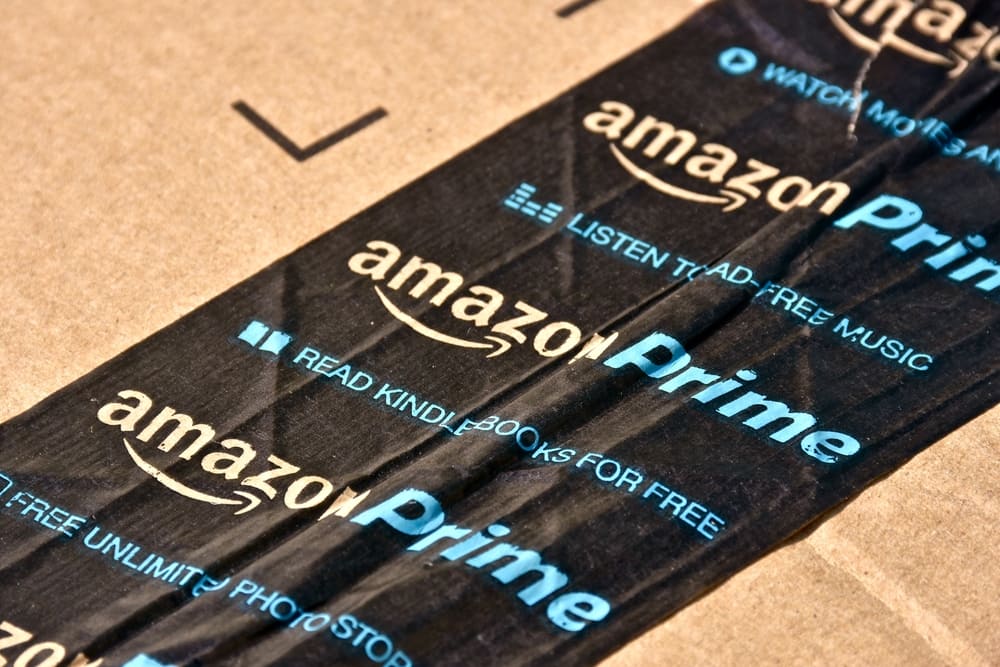In March, Amazon launched Amazon Prime Mexico, in a bid to capitalize on its extensive logistics network and capture a bigger share of the Mexican e-commerce market. According to the Wall Street Journal’s Robbie Whelan, at least six major logistics companies have invested heavily in their logistics operations, allowing them to import and export to countries in Latin America. Upgrading one’s Amazon account to an Amazon Prime subscription has benefits such as free, one-day delivery to Mexico’s four-largest cities. Additionally, the expansion will offer two-day shipping to the rest of the country. Products will be delivered from Amazon’s fulfilment centers in Mexico. Products will also be imported from United States distribution centers, too. This will increase the product portfolio available to customers in Mexico. Consumers subscribed to Amazon Prime will have over 20 million products to choose from, and enjoy unlimited shipping. It comes with free shipping, with approximately one-week deliveries and no minimum order price.
The retail price of the Amazon Prime service package is 899 Pesos, although a promotional subscription is available for first-time customers at 499 Pesos. Moreover, Amazon Prime subscribers will be able to test out the service for free, in the first 30 days. Mexico is experiencing a period of rapid growth in online retail. Companies such as Home Depot, Lowe’s, and now, Amazon, have been scaling up their operations. Amazon Prime is now in thirteen countries and has no signs of slowing down. Amazon’s latest venture into the Mexican e-commerce market means more competition for dominant players, such as Argentina’s MercadoLibere, Inc. MercadoLibere, Inc. recently announced plans to invest over $100 million in free shipping, as well as purchase protection, payment processing, and a rewards system based on customer points. These are all services that support logistics operations.
Some companies, however, believe that payment options, as opposed to logistics, are the real driver of the e-commerce market.
If that is the case, companies such as MercadoLibere, Inc., that already have an online payment platform (Mercado Pago) have a competitive advantage over those who have to rely on third parties. Nevertheless, operating an online business such as Amazon requires a special emphasis on logistics. Amazon and Alibaba, another e-retailer, have invested heavily in their logistics operations. Amazon has extended its supply chain capabilities to a level where it can compete with specialized logistics companies. This is because logistics are responsible for both reducing the cost of production and increasing customer responsiveness of an organization. Making the shipping of imports as efficient as possible by integrating the supply chain will reduce waste in terms of resources, time, labor, money, etc. Ensuring their shipping and logistics operation are as agile as possible and flexible enough to accommodate unanticipated demand is key to enabling Amazon to be more responsive to customer needs. Satisfied customers are keepers.
The timing for launching Amazon Prime in Mexico could not be better.
The Mexican Peso has just recovered from its sharp drop, following Trump’s shock in the last United States presidential election, and consumer confidence is very high. Mexico presents an opportunity for e-commerce giants trying to grow, because there’s no monopoly in place, making entry to the market easier. Having just launched Amazon Prime in China, Amazon is trying to expand its logistics operations further south, and well into South America. However, this means the competition for online market share is going to be very stiff with already established competition in place.
In conclusion, shipping benefits and the perks that come with Amazon Prime help Amazon penetrate the Mexican market. However, political tensions between the Mexico and Trump’s administration might erode its competitive advantage.




